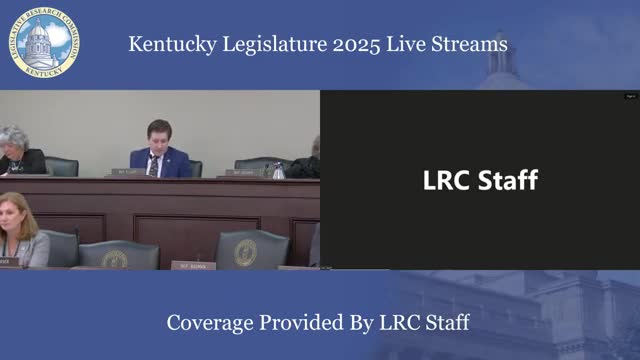Article not found
This article is no longer available. But don't worry—we've gathered other articles that discuss the same topic.
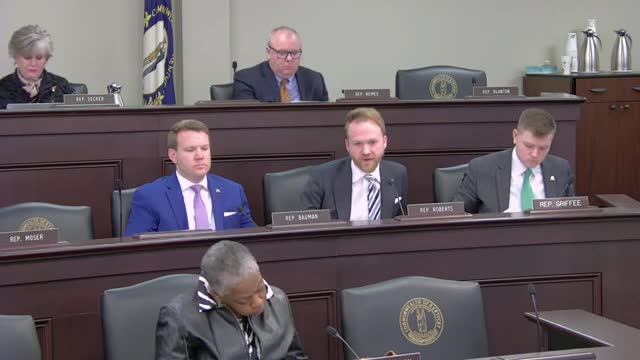
Panel backs higher fines, vehicle forfeiture for illegal street racing; sponsors cite rising fatalities
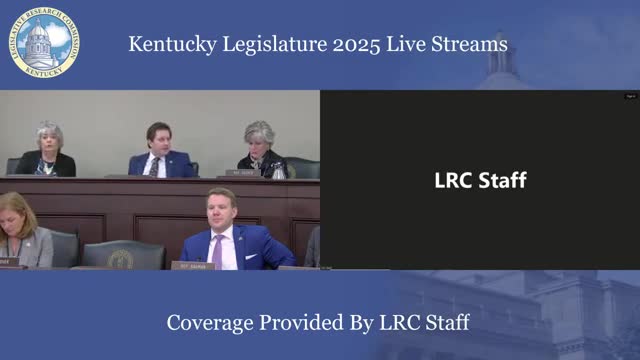
Committee advances broad DUI revisions; bill adds fentanyl to per se list and modifies ignition-interlock rules
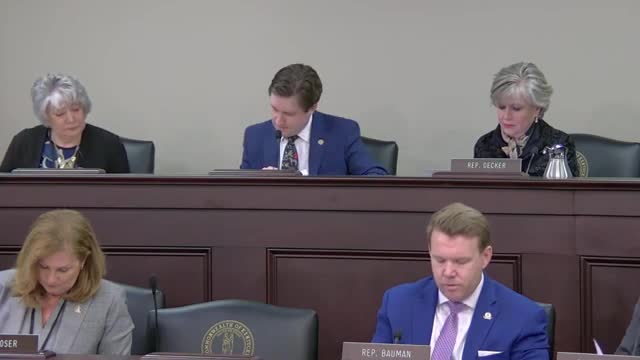
Kentucky panel expands third-degree assault protections to judges and public-transportation drivers
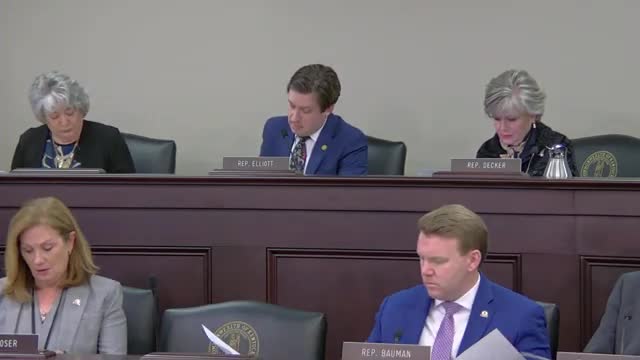
Committee OKs bill to criminalize interference with legislative proceedings; supporters say it protects lawmakers' ability to conduct business
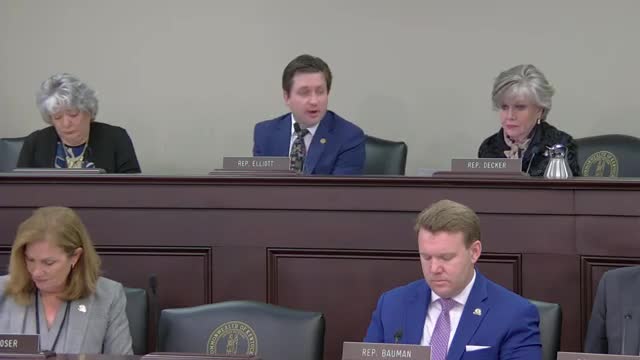
Committee approves coercive-control bill to expand domestic-violence protections; language narrowed to require pattern and specific threats
